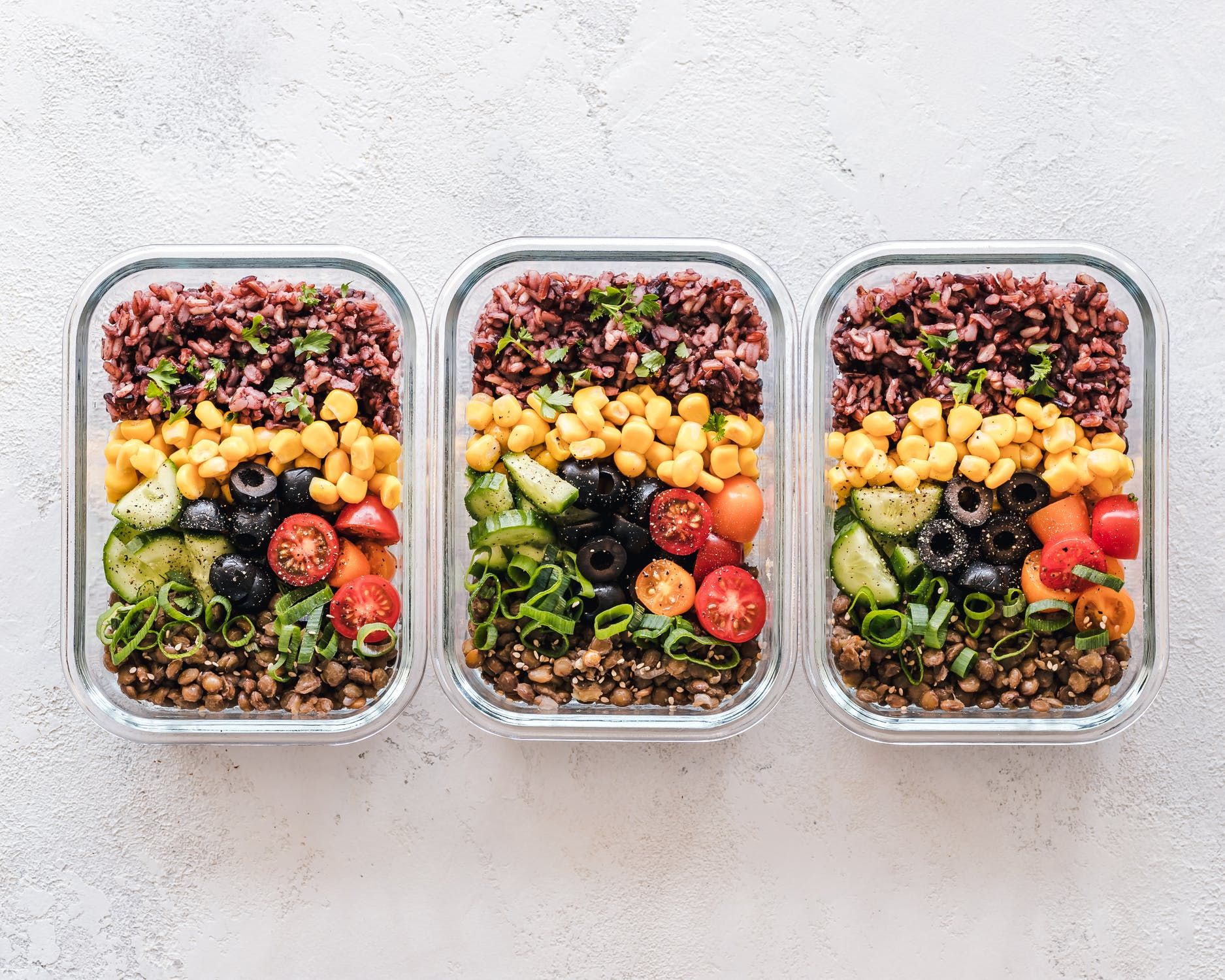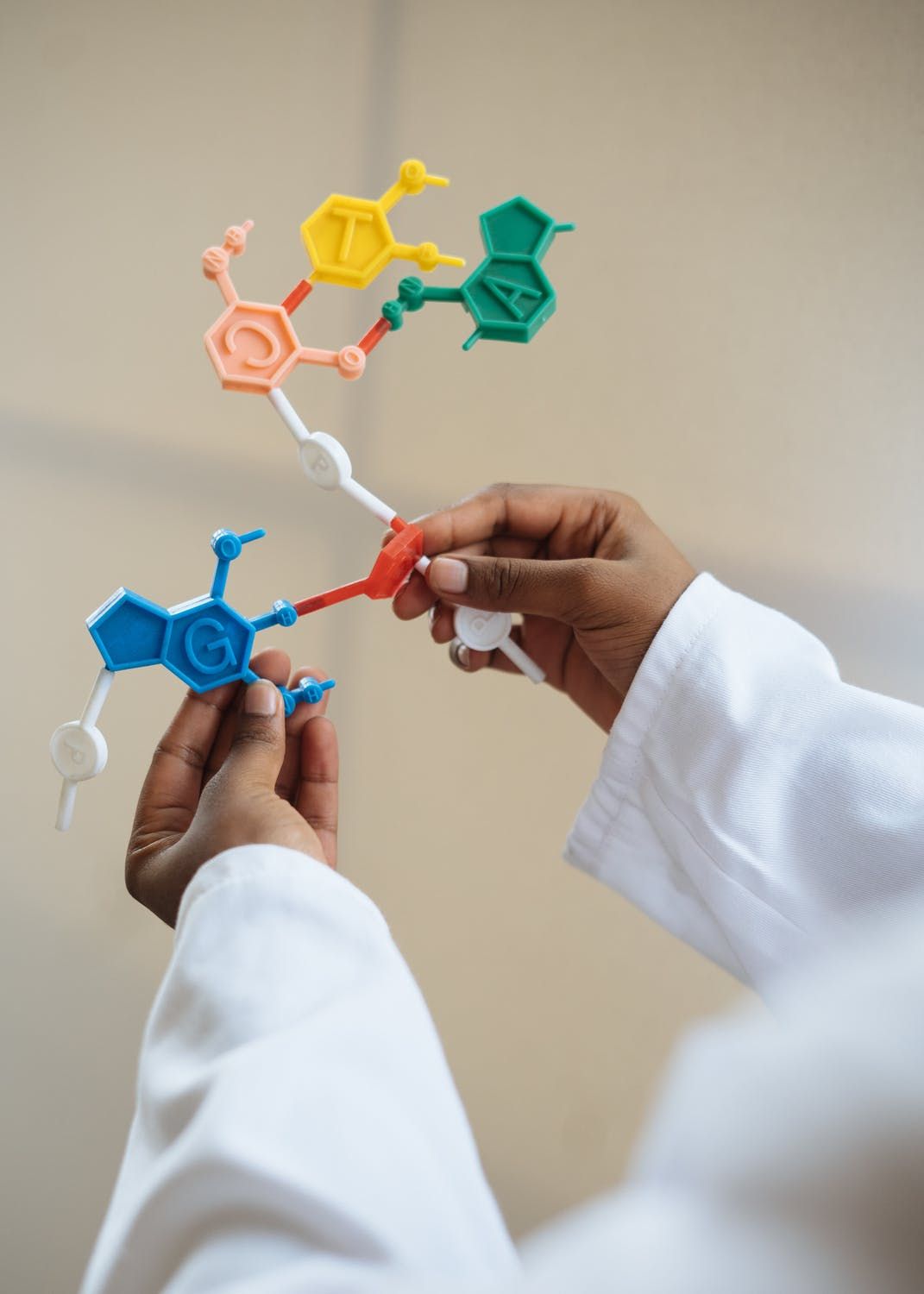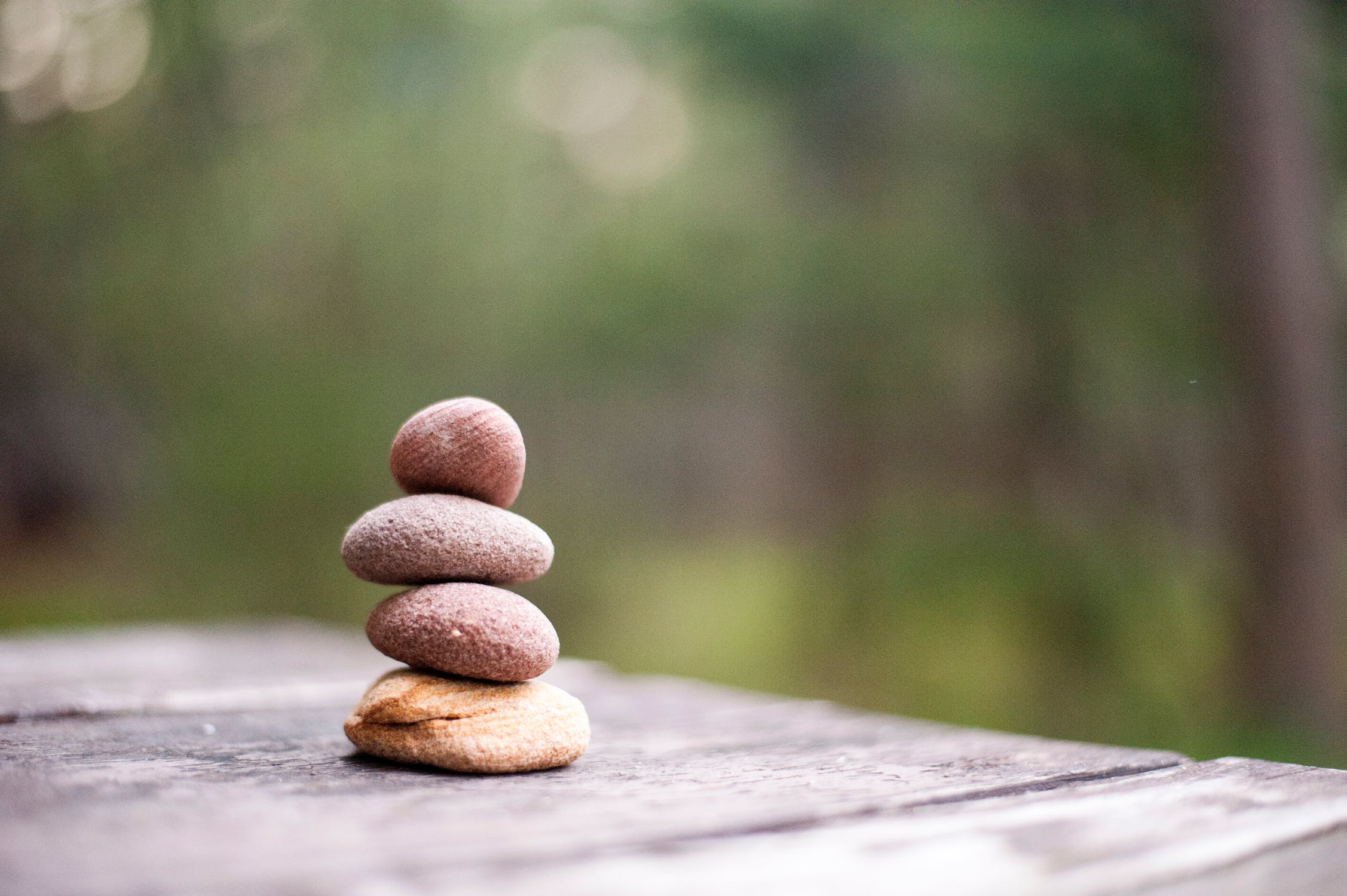Better Babies: How Modern Life Is Affecting Our Children
23rd June 2021
How modern life is threatening our children and what we can do to fight back.
Perhaps you’ve noticed this yourself…In today’s world, it seems that on average, getting pregnant can be just a little bit tougher and seemingly take just a little bit longer. In addition, once we are pregnant and have our babies, more and more of them are impacted by autoimmune, neurological and behavioral issues (think ADHD, allergies, autism, anxiety and depression to name a few). Whatever way we cut it, the statistics tell us that these disorders are on the rise, particularly over the last few decades.
“Something’s going on and it’s time we did something about it.”
Unfortunately, there is often no single obvious cause for these conditions. However, this also suggests it’s not only down to our genetics. So, what is going on then? Well, here’s one factor we can be sure of. Our environment is vastly different to what it was just fifty years ago. From a health perspective, these changes are often not for the better, with the latest research pointing to damage to our guts, to our hormonal health and potentially even the health of our unborn children.
In fact. the latest ‘hot’ area of research is the field of Epigenetics. Sounds complicated…Not really. In simple terms: it is the study of how our environment affects how our genes express themselves – and potentially whether we get impacted by a disease or not. Think of it this way: our genes are set, we can’t change them, it’s why we have blonde hair or brown eyes. However, not everything dictated by our genes ‘comes out’ or is expressed. Some genes seem to ‘win’ over others.
Here’s the crucial part: Epigenetics suggests that our environment plays a significant part in dictating which gene is expressed over another, and potentially what disease we may or may not get. Think of your genes as the keys on a piano and your environment dictating what tune gets played.
So, the good news (in theory) is that armed with the right knowledge, we can potentially reduce our chances that the ‘bad genes’ are expressed over the ‘good genes’. One simple start? Minimize our exposure to known ‘environmental negatives’.

POTENTIAL ENVIRONMENTAL ‘CULPRITS’ :
FOOD: An obvious one, but do we really understand why it can have such a big impact?
In a nutshell: Food is no longer ‘food’. As a society there are more of us, we want food that is cheaper, quicker, easier, sweeter and more satisfying. The result? Greater use of pesticides, GMO, synthetic hormones, steroids, antibiotics, artificial sweeteners, ingredients and preservatives.
The consequence: Havoc for our insides. Our gut is the barrier between our bodies and the outside world. It’s a natural first line defense. If that filter is compromised, so are we. Our gut health is being impacted by the antibiotics in meat, fish, milk and by a more limited synthetic based diet. Our hormones (one of the most potent natural substances on earth) get pushed off balance as our bodies compensate for those added to our food, plus lots of synthetic added sugar/ingredients. One obvious consequence: conditions like PCOS (a common potential cause of infertility). All-in-all: our bodies go in to ‘stress’ mode, which is when the nasty issue of chronic long-term inflammation crops up. A major route of disease.
The solution: Aside from the obvious (go organic, seasonal, local and wild/make your own in bulk) here are four easy additional tips:
- When you’re buying a food product: If it has more than three ingredients listed. Put it back.
- If you can’t go for organic: Buy some Activated Charcoal. Soak whatever fruit/veg you have for ten minutes and rinse off. It is fantastic at drawing out toxic chemicals.
- Help your gut: Make your own Bone Broth (buy an organic chicken and vegetables and boil in filtered water for two hours – voila!) and simply challenge yourself to eat as many diverse whole foods as you can. A great way to super-charge your body’s own natural filter against these nasty elements.
- Eat anti-inflammatory: Berries, turmeric, garlic, dark veggies, dark chocolate and cinnamon… Yum.

SYNTHETIC CHEMICALS: These days you cannot escape them. To try would be completely unrealistic (not to mention exhausting!). They are in everything from personal care items to cleaning products, food and food packaging, but what you can do? Be aware, and aware of the worst offenders: Aluminum, Heavy Metals, Flame Retardants, Parabens and Plastics.
In a nutshell: Individually they play havoc in their own unique way. Aluminum and other heavy metals e.g., Mercury are essentially neurotoxins. Plastics (especially BPA) are commonly associated with hormone disruption. Sadly, they are everywhere, and it all adds up over time.
The solution: It’s not rocket science, it’s simply awareness. Apply the same rule as you would to food. The more ingredients something has, the more you should be concerned. When it comes to heavy metals – eating fish is a common culprit. Fish is great in many ways (Omega 3 being just one) so don’t avoid altogether. Just be smart. Go lower down the food chain (mercury doesn’t break down and builds up as one fish eats another), instead go for sardines, salmon and other smaller fish. When it comes to plastic, just try to avoid wherever you can. Simply being conscious is a good start. Drink water from a glass/metal container and when it comes to food storage go for paper or glass. Whatever you do, make sure you don’t heat anything in plastic. Remember, small changes add up.

LIFESTYLE: We live in a state of perpetual stress. We live faster, sleep less, exercise harder and compare ourselves to others more. We expect perfect results yesterday.
In a nutshell: Whether we realize it or not, mentally and physically we are wired in a constant state of ‘fight or flight’. It has become the ‘new normal’. This is taking a serious toll and can become a vicious circle. We get stressed about being stressed and sleep even less. We feel the need to be ‘perfect’ and inevitably fail. We then medicate away and mask the symptoms of this stress, causing even more imbalance. This has a huge impact on our bodies. Hormonal (cortisol), on our immune defense and on our gut health to name just a few.
The solution: Not an easy one! However, a mindset change is key. Be kind to yourself and focus on what is really important – your health. Be honest and advise yourself as you would a dear friend. Remember: those that matter don’t mind and those that mind don’t matter. For your hormones: prioritize sleep, it makes a huge difference. Exercise: releases the feel-good endorphins and sweat releases toxins (good), but, instead of manic exercise (which is fine in moderation) add in some simple things: sit down less and walk a little more. Avoid stimulants like caffeine and alcohol: they have short term effects (to pick you up or relax you), but ultimately, they end up making things much worse (in anything other than moderation). Finally: invest the time to find out what works for you. There is no point pushing yourself to do yoga if you’re not a yoga person – it will just make you more stressed. Instead, prioritize finding what works to relax you. Try a few things out and see what feels good. It’s a short-term investment with long term rewards for your health and wellness.
After becoming a new mother, Sarah Heywood, began to fight back against what has become an epidemic of poor health for ourselves and our children. After growing frustrated by undiagnosed PCOS (Polycystic Ovarian Syndrome), fertility challenges and with a family history of anxiety, ADHD and ASD, The Journey (www.thejourneydot.com) was born. A platform dedicated to using the latest science, evidence-based research plus pioneering expert thinking in order to provide positive, proactive tools for parents/parents to be to build healthy foundations.
Have a question for MC?
Email us at askmc@mariechantal.com

Join Us On Spotify
Browse MC's recommended playlists for bathtime, playtime and then when baby has gone to bed, grown-up time.



